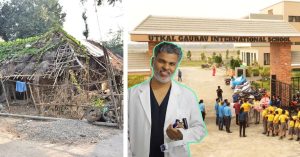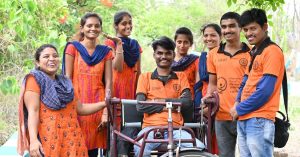Madhya Pradesh Village’s First Sarpanch Solves Decades-Old Water Woes in 6 Years
Maya Mausariya from Ghatgara village in Madhya Pradesh promised to address the issues faced by women. Which she did - including a tap in every household
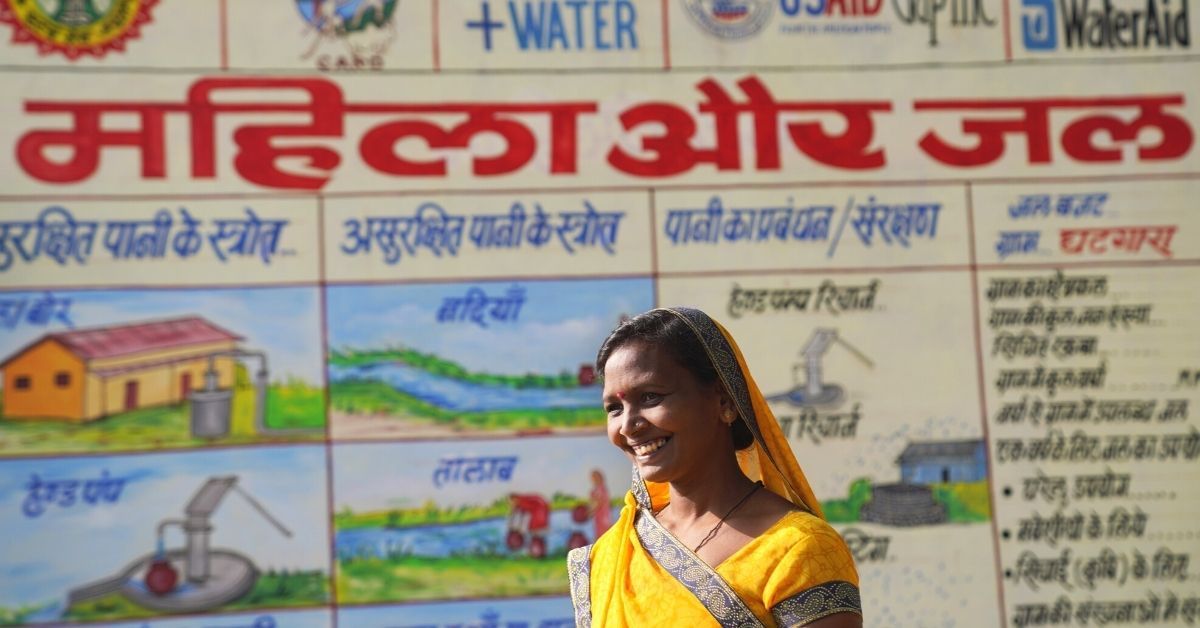
For decades, women in Ghatgara village of Madhya Pradesh spent half of their daily lives fetching water. But in the past six years, every house has a water tap, well-used toilets, and two dug wells and a community water tank.
All thanks to the village’s first lady Sarpanch – 34-year-old Maya Mausariya.
Maya Mausariya is from Sindona village near Indore. She moved to Ghatgara after she got married about two decades ago. “There was no water in the village and women spent half the day fetching water from a single distant source,” she said.
Ghatgara is located in Badnawar block of Dhar district in Madhya Pradesh and is about 100 km from Indore. The village is quite distant in terms of development and any relief from difficulties in agriculture, water and education.
The difficulties do remain. For example, Maya had to set up a fixed time to speak to me for this interview, as she had to ensure she remained in an area where the mobile phone network was best for the duration of the interview.
“We woke up at 5 am and walked to fetch water. It would be only in the early afternoon that women returned with water for the day,” Maya said. “There used to be regular discussions about the water woes, and there seemed to be no solution in sight,” Maya said.
Never had a woman Sarpanch.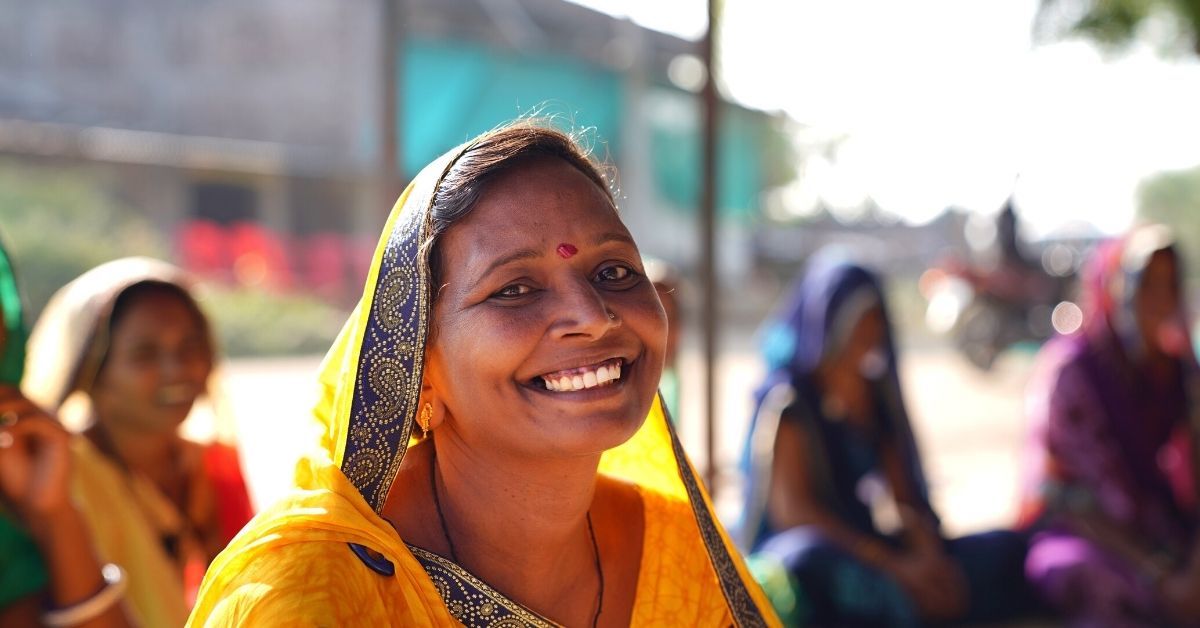
In 2014, gram panchayat elections were slated to be held in the village, and Maya decided to take matters in her own hands. “I decided to contest elections. Many Sarpanchs have got elected in the past, but none addressed the issues of women,” she says.
“With class X certification, I was the highest qualified woman in the village. I spoke to my women friends and promised to solve the water issues in the village,” Maya recollects saying. Fortunately, they agreed.
After she discussed the idea with her husband, he fully supported her.
“It wasn’t easy. Men said there has never been a woman Sarpanch in the village. But in the Gram Sabha (village meeting), we insisted that Maya be allowed to contest the elections and we would only vote for a woman candidate,” says Kiran Rathod, one of the village residents.
“A male Sarpanch has always served the village, but none of them addressed the issue of the water crisis. We knew that only a woman could understand our problems and would help to solve them. Maya promised that she would relieve us from the turmoil,” she told The Better India.
The elections were held in 2015, and Maya was elected the Sarpanch for the next five years. Maya said the first thing she did was to dig two wells in the village and build a community water tank.
“Now, women could start with their daily chores in the morning and take up their household activity or contribute to farms soon after,” she said.
However, women still had to reach community water sources. To address this issue, Maya ensured that water taps were installed in every household through government schemes.
Did it without support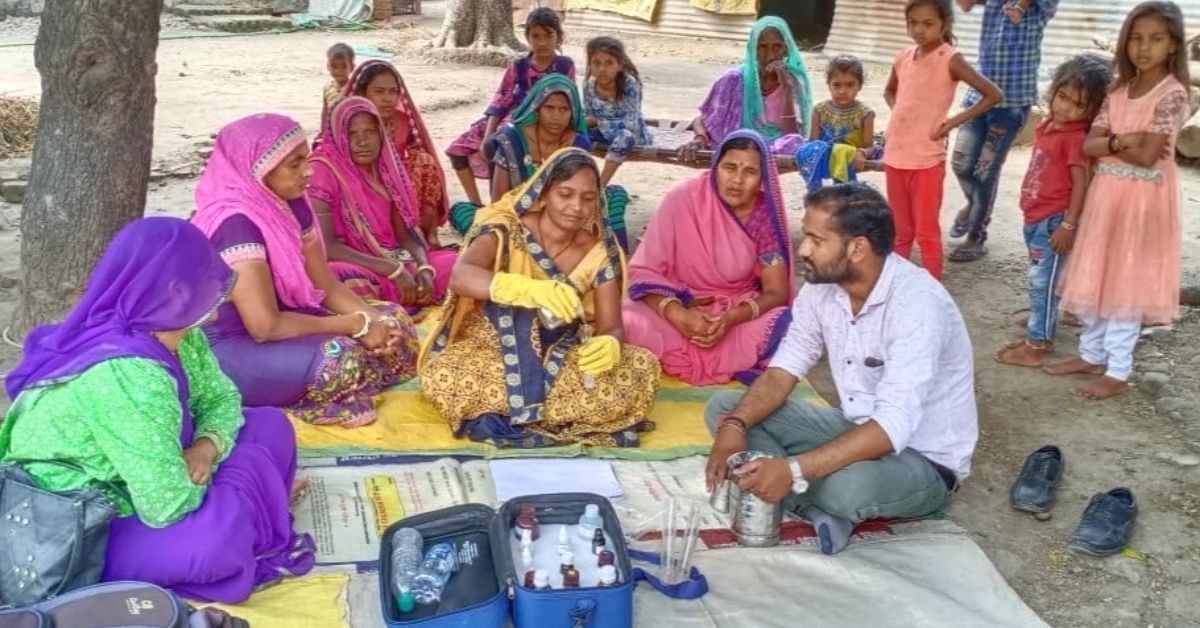
“I had to fight it all alone. I have made countless trips to the Badnapur Tehsil office to get the water supply scheme. No villager accompanied me except on a few occasions when my son Shubham joined me for the work. Sometimes I took private transport or, I walked eight kilometres to the tehsil office,” she says.
For almost a year, Maya made trips to get the schemes and guaranteed water supply in every household for the villagers.
Such improvements also attracted the admiration and help of outside entities. Vishal Panchal, block officer at WaterAid India, said, “We shortlisted two villages to conduct training on water sanitation and hygiene in Madhya Pradesh, and Ghatgara was one of them. We selected the village in July 2019 to solve water-related issues. Many workshops were conducted to train villagers to use water efficiently.”
Vishal said that a lot of community water sources were getting contaminated as women washed clothes near them. There was a lot of wastage too. “We have trained the villagers to map water sources and chart out water budgeting,” he added.
The block development officer said that villagers also got trained to conduct water testing and check the quality of water.
Sarika Martol, a 28-year-old villager, said, “The training has helped us to see water as a valuable resource. We only give half-filled glasses of water to guests to avoid waste. There is a lot of emphasis on not wasting water, besides community hygiene.”
But it wasn’t only that. Maya also ensured that proper roads were built, and no children had to walk or play in the mud roads, often damaged by the rains.
“I have got about 14 roads made across the village. We also got the school and Anganwadi repaired,” she said.
Ghunghat and patriarchy vs Sarpanch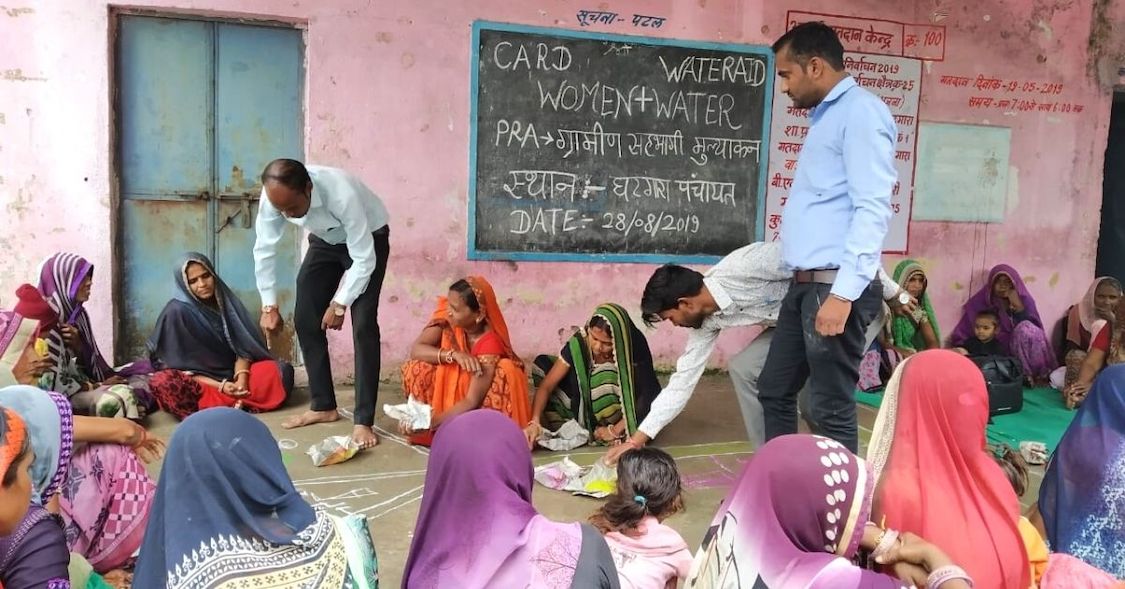
Maya is the only woman in the village to not keep her face behind a veil or Ghunghat.
“I never wore ghunghat in the village. All senior men in the village called the move disrespectful and criticised my behaviour. But I never wore ghunghat in my life. I do not feel weaker than men and always kept my face open,” Maya said.
Maya gives credit to her maternal hometown for the same. “Sindona village is closer to Indore and influenced by the city lifestyle. I never had fear and wished to bring progressive changes in my husband’s village too,” she adds.
The Sarpanch said that getting all the tasks done successfully was not easy. “Many people refused to work efficiently or troubled the cause. But I have to be courageous at all times,” Maya says.
Citing an example, she said, “If there are conflicts between families, I have to intervene to solve the issues by mutual understanding. It also gets difficult to convince people to give away some residential space to build wider and better roads.”
In the past six years, Maya has become a role model for women in the village. “Many women keep their face open and do not wear ghunghat, even in public spaces. Being able to live without the veil is empowerment for them,” Maya said.
2020 is the sixth year that Maya is continuing her stint as Sarpanch. “No elections got held due to the Covid-19 pandemic and villagers agreed to allow me to continue,” she said.
A long road to travel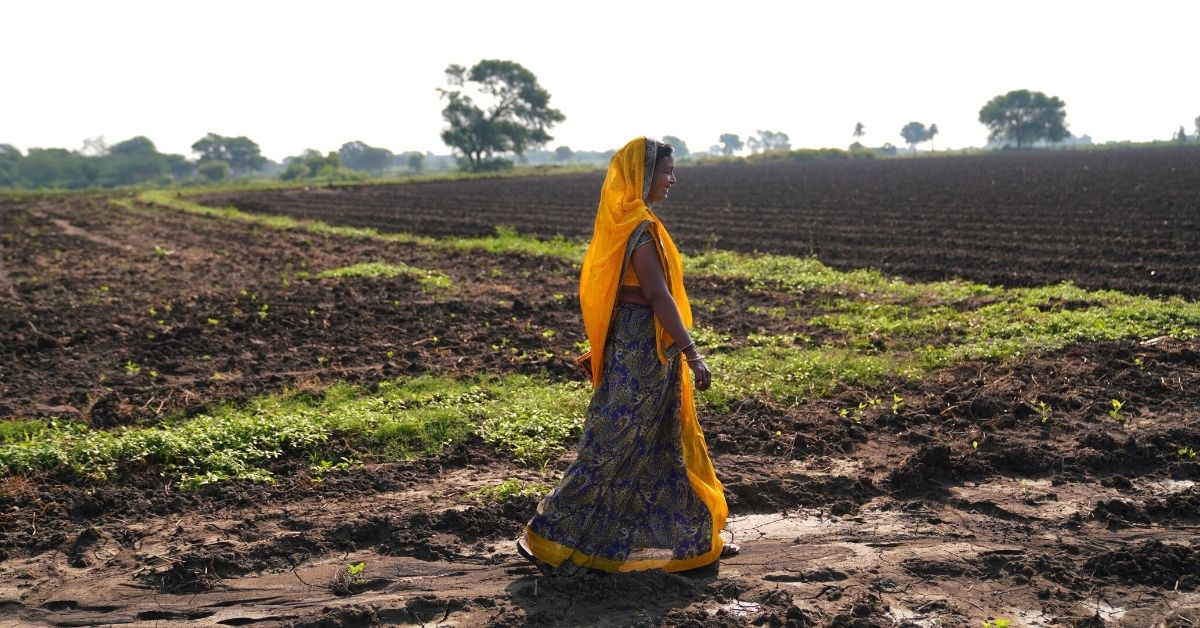
Women feel they have a better place in the community and feel confident in participating in the decision-making process of the village.
Kiran says the village has transformed for better. “Women have faith in Mayaji and listen to her. Earlier, women could not talk about the issues concerning the village. But now about 30 women participate in the Gram Sabha,” she adds.
Kiran adds, “We fought for Maya to become the Sarpanch as no good work was visible happening in the village. If given an opportunity, we will vote for her again.”
About four years ago, Maya lost her husband due to illness, and she wants to fulfil his every wish for the village.
“It was his dream to see all the problems in the village getting solved. I have to renovate the panchayat building, build a new school and houses under the government schemes,” Maya said.
“Many girls do not get to access education beyond class VIII as the school providing higher education is located in another village. Children from well-off families can afford private buses, but it would be nice to get some funds and arrange buses for the girls in the village,”
Maya feels hopeful she can solve the massive challenges ahead of her.
(Edited by Vinayak Hegde)
This story made me
- 97
- 121
- 89
- 167
Tell Us More
We bring stories straight from the heart of India, to inspire millions and create a wave of impact. Our positive movement is growing bigger everyday, and we would love for you to join it.
Please contribute whatever you can, every little penny helps our team in bringing you more stories that support dreams and spread hope.






